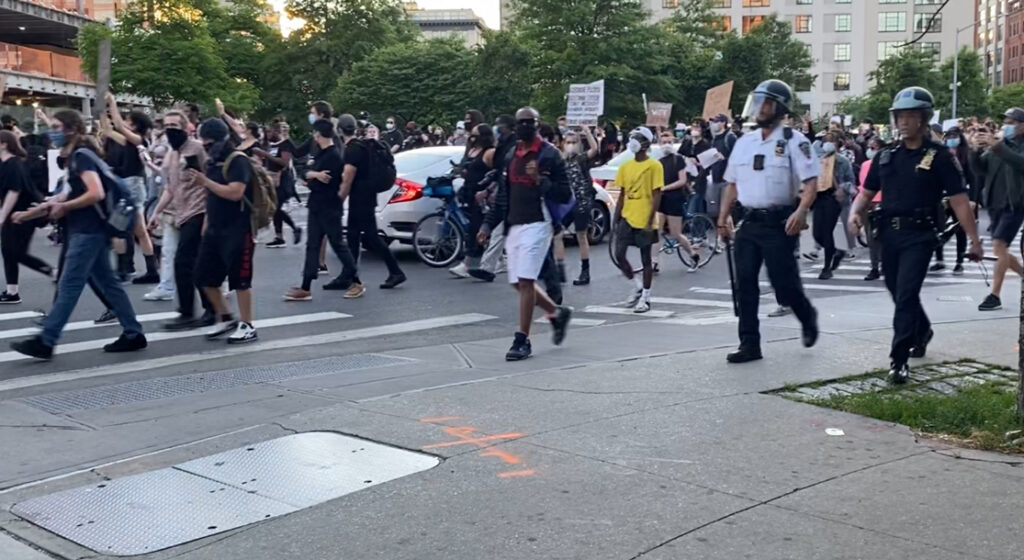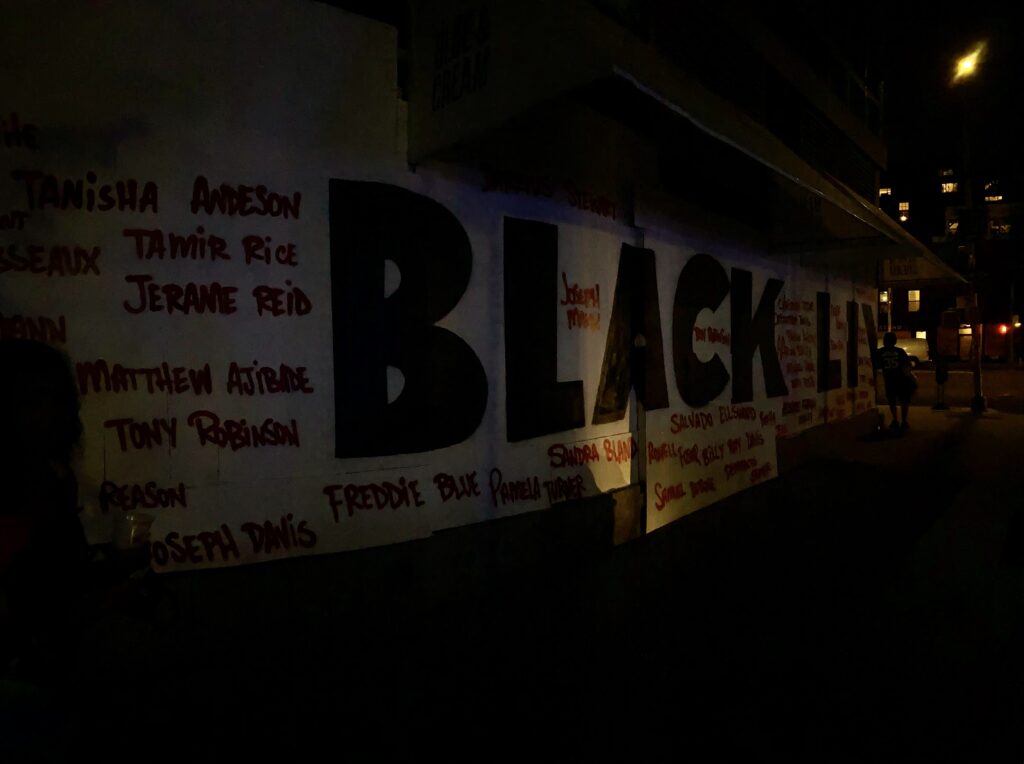“Acting with sustainable values cannot be reduced to a simple checklist. Sustainability is about the disposition, the mind-set, and behaviors which shape and sustain relationships – relationships with family, friends, customers, investors, employees, borrowers, fellow citizens, the community, the environment, and with nature.”
— Dov Siedman
We are constantly thinking about sustainability here at BIONIC: sustainable supply chains, sustainable consumption, sustainable business practices… But with everything going on in the world these days – from Covid lockdowns to the mass mobilizations against police violence – we’ve started thinking about the idea of sustainability in a much broader sense. What does it mean for a society to be truly sustainable? How does this principle, which we’re used to thinking about in environmental terms, translate to social and cultural issues?If we’re going to live truly sustainable lives, can we really compartmentalize?
In light of recent events, this question seems unavoidable. While our work at BIONIC ranges far and wide, from local mills to far flung coastlines, our home and headquarters is New York City. A few weeks ago, as outrage was building over the death of George Floyd, we heard that there would be a protest in downtown Manhattan, near the BIONIC office. This was early days, before the protests had snowballed and gained their undeniable momentum, so we were surprised when we stepped out onto the streets, normally clogged with taxi cabs and office workers, to find that thousands of people, most sporting the mandatory pandemic face masks, had joined in spontaneous demonstrations and were streaming down the avenues to express their discontent and their support of change. It was a bittersweet moment – joyous on the one hand, as people of all races, shapes, sizes and ages joined together for a common cause, but deeply tragic that it had taken so many deaths to ignite the spark.

What exactly were those people protesting on the streets of New York (and Minneapolis and LA and everywhere in between)? Police violence, for sure. Racial injustice, absolutely. The betrayal of our nation’s stated values, without a doubt. But at its core, this mass mobilization came together because things in the United States have become unsustainable. Black Americans and other people of color recognized this a long time ago, many white Americans are now catching up, and a critical mass is taking action. If you pull on this thread, it’s impossible to avoid the conclusion that everything about the relationship the police have with bodies of color is unsustainable – in both an ethical sense and a practical sense. It is a relationship that does not sustain community, lives, or public safety. It only sustains a centuries-old system of oppression and inequality.
While many people have spoken elegantly on this topic, we found that Trevor Noah, broadcasting alone from home as the protests gathered steam, framed it in a relatable way. He explains that a society is, at its core, just a contract. Everyone who belongs to that society “signs” the contract by agreeing to a set of rules, or norms. We agree there are seven days in a week. We agree that it’s polite to hold the door for someone behind you. And we agree that the police are there to serve and protect and should not cruelly and needlessly kill an unarmed man. When some members of society don’t uphold their side of the contract, that society rapidly becomes unsustainable.

Someone else who has spoken very persuasively about the importance of sustainability is Dov Siedman, whose quote starts this article. Siedman is the CEO of LRN, which helps companies build sustainable ethical cultures, and we find his words especially relevant to the way we think about the environment, but also to business decisions and societal choices. He once said in an interview that; ”In both the natural world and the financial world, [sustainability]means that you think and then behave in a way that literally sustains – sustains the natural world around you, sustains business relationships, sustains personal relationships, sustains your community, sustains your country, sustains the planet, and sustains your relationships with your grandchildren and with generations to come.
We love this quote at BIONIC, and strive to live by it – the implications are clear for a business like ours. Sustainability needs to be approached holistically. It is a set of values, not a set of rules, that can and should be applied to every facet of our lives, both at work and at home. Not only do we strive to be an environmentally sustainable company by making the most out of the resources we already have, but we try to be sustainable on a societal level as well, in the communities where we operate, with our employees, and with the public stances we take. We’re still working on it, but we believe that the choices we must all make are ones that sustain, nourish, and strengthen. The flip side is a life lived in the service of quick returns and shallow relationships – with people, communities, and the natural world.

Back in New York, the protest moved past our office, ebbing and flowing as chanting groups merged and split apart, flooding the grid of streets and filling Manhattan’s canyons with a roar of voices. The main body of protestors began the long march over the Brooklyn Bridge, one of New York’s most iconic landmarks, and for a moment, their cries could be heard from both sides of the wide East River: “BLACK LIVES MATTER! PEACEFUL PROTEST!”Without thinking twice, we stepped into the street and joined the mass of bodies sweeping by. It was the sustainable choice.

